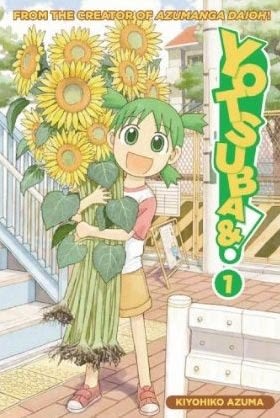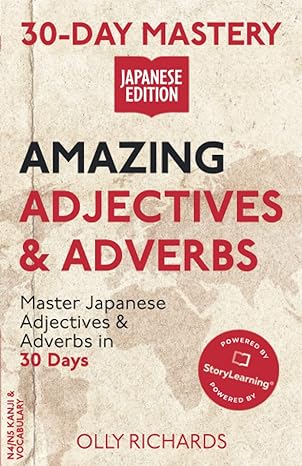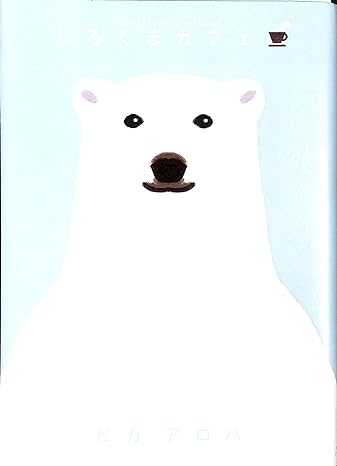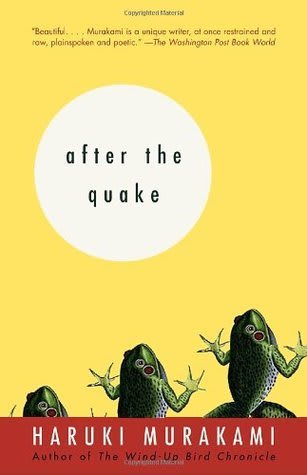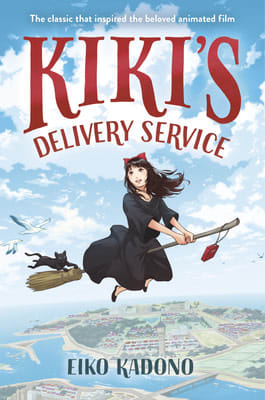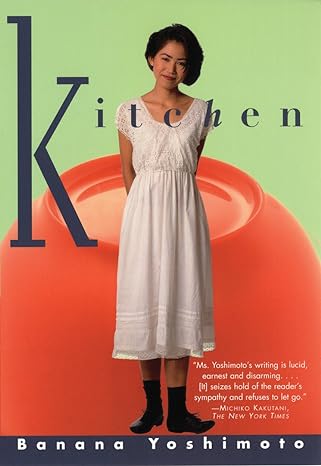I recently came across a screenplay book, specifically "Die Hard 4.0," and it turned out to be an unexpected but effective way to learn Japanese. Screenplays are not the typical choice for learning a new language, but they can be quite useful, especially if you're just starting out. These books take movies or TV series and provide the script in both the original language (in this case, Japanese) and English translation.
Here's why I found this approach beneficial. First, since it's a movie script, you're dealing with short bits of dialogue, which makes reading easier compared to complex narrative explanations found in novels. Additionally, having the English translation right there allows you to cross-reference and understand the context. Screenplay books like this one are a fantastic entry point into reading in a new language.
Now, I know manga might not be everyone's cup of tea, and I used to feel the same way. However, I've come to realize that manga can be a fantastic way to dive into Japanese reading, especially for beginners. "Yotsubato" is an excellent choice, especially if you're just starting out.
The series follows the adventures of a quirky young girl as she navigates everyday life, learns about the world around her, and tries to solve various problems. What makes it so accessible is its language and word choice. There's plenty of hiragana, which is great for beginners, and the stories are often humorous due to the protagonist's naivety and tendency to get things wrong.
This book focuses on teaching specific aspects of the Japanese language, particularly adjectives and adverbs. What makes this series unique is that it's designed as a 30-part story. The idea is to read one chapter every day for 30 days, which helps you concentrate on a specific language point.
These stories have been carefully crafted to be accessible for beginners, and I've taken extra steps to format them in a user-friendly way. I've noticed that many Japanese textbooks aren't very reader-friendly for an international audience, so I've made sure these stories are easy to read, especially for beginners.
It's almost impossible not to recommend this manga series when discussing the best books for Japanese learners. Just imagine the kind of easy, casual language you'd find in a manga about a polar bear who spends his days running a cafe and chatting with his animal friends. He also has a knack for making bad puns, which can be quite amusing for Japanese learners.
This manga is unexpected but utterly charming. It's incredibly easy to get into, both in terms of the storyline and the Japanese language. It's a great choice for early-level learners due to its accessibility. But what makes it even more valuable is that it can serve as a stepping stone for delving into more complex Japanese texts in the future.
This book is authored by a highly esteemed writer and is considered one of the most significant modern novels in Japan. If you're interested in delving into Japanese culture, this is an excellent starting point.
The book is a mesmerizing collection of six stories set during the catastrophic 1995 Kobe earthquake. However, the personal upheavals experienced by Murakami's characters are even deeper and more mysterious. What makes this book appealing is that there's a widely available English-translated version. So, if you find the Japanese text too challenging at first, you can begin with the English version to grasp the gist and context before tackling the Japanese. Additionally, the fact that it consists of short stories makes it feel more achievable, as you can see the end of each chapter in sight.
Next up is a classic that you'll undoubtedly recognize: "Kiki's Delivery Service." If you're a fan of anime, you might have already heard of this enchanting story, which is a Studio Ghibli adaptation. The good news is that it's remarkably simple to read, making it an excellent choice for Japanese learners.
I'd say this book is geared toward N4 and N3 level learners on the JLPT. It combines easy-to-understand words with dialogue spoken through the voice of a child. As a result, you get a nuanced but accessible text. The story revolves around Kiki, a 13-year-old half-witch who sets off on her own to explore a new city with her wisecracking black cat, Gigi, as her companion. It's a heartwarming tale of finding inner strength, and it's easy to digest as it consists of little standalone episodes. So, if you enjoy Studio Ghibli and want to enhance your Japanese reading skills, "Kiki's Delivery Service" is a wonderful choice.
Here's another book you might find intriguing: "Kitchen" by Banana Yoshimoto. The title sounds just like "kitchen," and that's precisely what it is. Banana Yoshimoto is a renowned name in the Japanese literary world, and this is a full-length novel.
The story revolves around a young woman who is struggling to cope after her grandmother's passing. She gradually forms a close bond with one of her grandmother's friends, who owns a flower shop, and ends up living with him and his transgender mother. It's an interesting narrative that explores themes of grief and psychology, and while there is the occasional complex vocabulary, there's also plenty of everyday language that makes it very accessible.
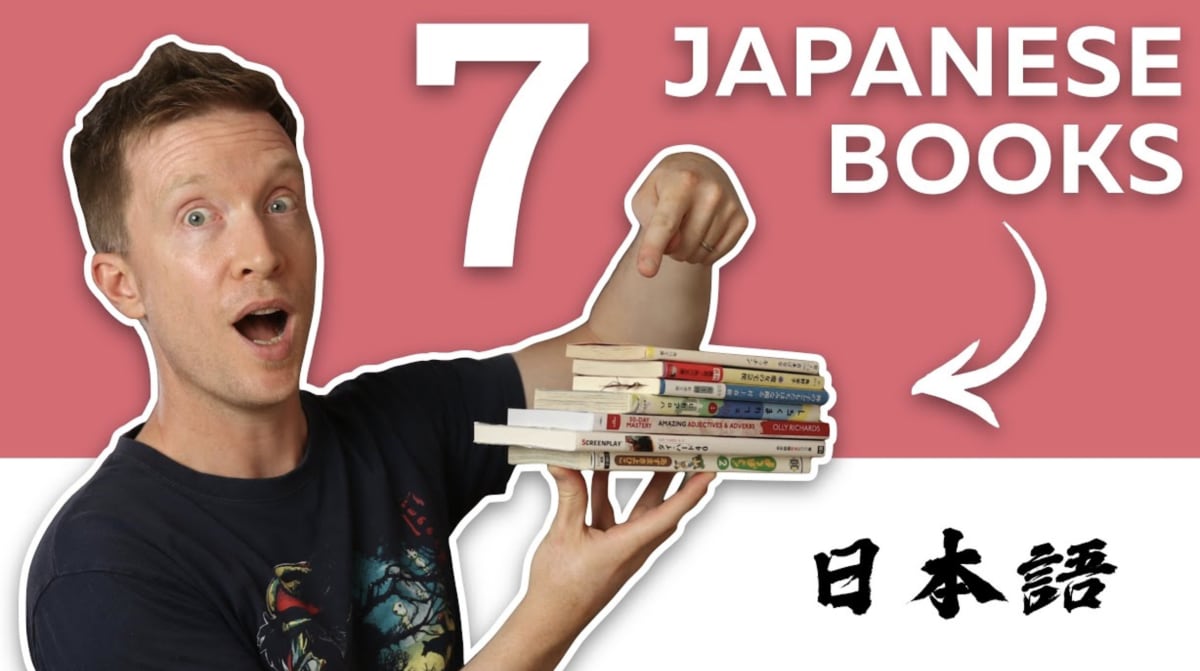
 Die Hard 4.0
Die Hard 4.0 Yotsuba to
Yotsuba to 30-Day Mastery: Adjectives and Adverbs
30-Day Mastery: Adjectives and Adverbs Shirokuma Cafe
Shirokuma Cafe After the Quake
After the Quake Kiki's Delivery Service
Kiki's Delivery Service Kitchen
Kitchen
